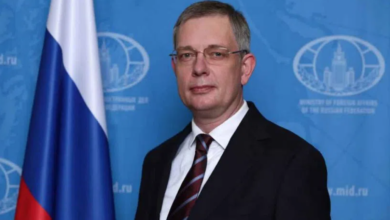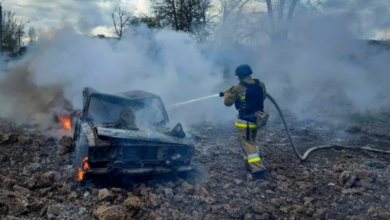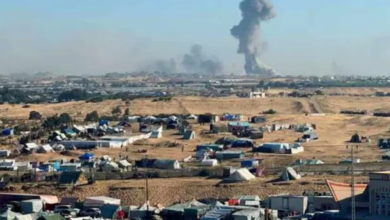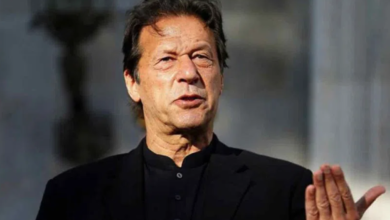Top Sri Lanka official says ‘Modi pressured Rajapaksa to award power project to Adani’; later retracts claim
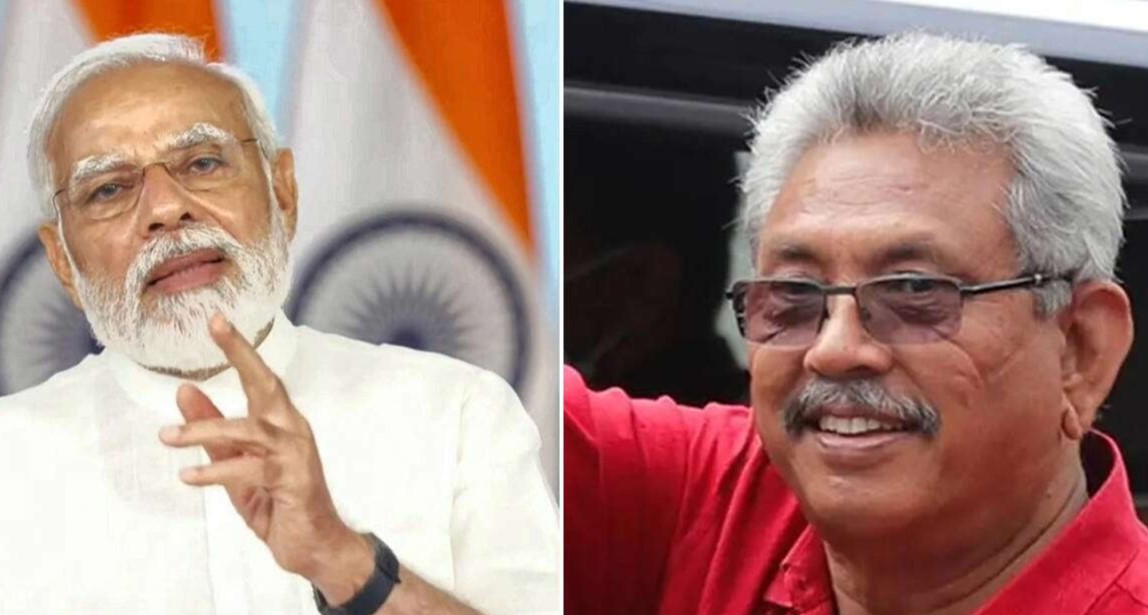
Atop Sri Lankan official Friday claimed that Prime Minister Narendra Modi had allegedly put pressure on Sri Lankan President Gotabaya Rajapaksa to award a 500-megawatt power project to the Adani group, headed by billionaire Gautam Adani. The official later retracted the statement, with Gotabaya’s office also “vehemently” denying the allegations.
The accusations are related to a 500-megawatt renewable energy project in the island nation’s northern Mannar district. Chairman of Sri Lanka’s Ceylon Electricity Board (CEB), MMC Ferdinando, appearing in front of a parliamentary panel in Colombo on Friday, claimed that during his conversation with Rajapaksa, the President had told him that Modi had put pressure on him to award the project to Adani.
Ferdinando was addressing the Committee on Public Enterprises (COPE), and can be heard telling them that Rajapaksa “told me that he was under pressure from Modi.” The senior official told the committee that the President had asked him to give the project to Adani.
The discussion between Rajapaksa and Ferdinando had allegedly taken place when he was summoned by the President following a meeting chaired by him.
However, Ferdinando withdrew his statements soon after, saying he was “emotional”.
Rajapaksa issued a swift denial, first on Twitter, where he said “regarding the award of a Wind Power Project in Mannar, I categorically deny authorisation to award this project to any specific person or entity. I trust responsible communication in this regard will follow.
Later, his office issued a longer statement, “vehemently denying” influencing anybody in awarding the project. The statement mentioned that he “categorically stated that he had not at any time given authorisation to award a wind power project in Mannar to any person or any institution.”
“The President vehemently denied the statement made by the Chairman of the Ceylon Electricity Board at the Parliamentary Committee on Public Enterprises in this regard,” the statement said.
It also noted that Sri Lanka is “currently in an acute shortage of power and President desires to expedite implementation of mega power projects as early as possible. However, no undue influence will be used in awarding such projects. Project proposals for large-scale renewable energy projects is limited, but special attention will be paid to the selection of institutions for the projects, which will be carried out strictly in accordance with the transparent and accountable system by the government of Sri Lanka.”
The controversy comes just days after Sri Lanka had changed its laws to not require competitive bidding in awarding such energy projects.
There was no immediate response from India or the Adani Group regarding the controversy.
The Adani Group has been increasing its presence in Sri Lanka over the past few years. Last year it bagged the contract to develop and run the strategically significant Western Container Terminal of Colombo Port, with a 51 per cent stake. In March it inked deals for two renewable energy power projects, one in Mannar and the other in Pooneryn, both in the northern part of the country.
Opposition in Sri Lanka has accused the Rajapaksa government, which is in turmoil, of “pampering” Modi’s “friends” to allow them “backdoor entry” into the country.
Sri Lanka is suffering through a financial crisis, and was left with around US$ 1 million in foreign reserves last month. It led to riots on the streets in many parts of the country, and Prime Minister Mahinda Rajapaksa, Gotabaya’s brother, stepped down. The President however, refused to vacate his seat, bringing in formal rival and prime minister Ranil Wickremesinghe to replace Mahinda.
There is a paucity of essentials in the country, especially fuel, since the government did not have enough money to pay for it internationally.
India has since stepped in and provided US$ 3 billion assistance to the southern neighbour since January, through credit lines, currency swaps and other mechanisms.

